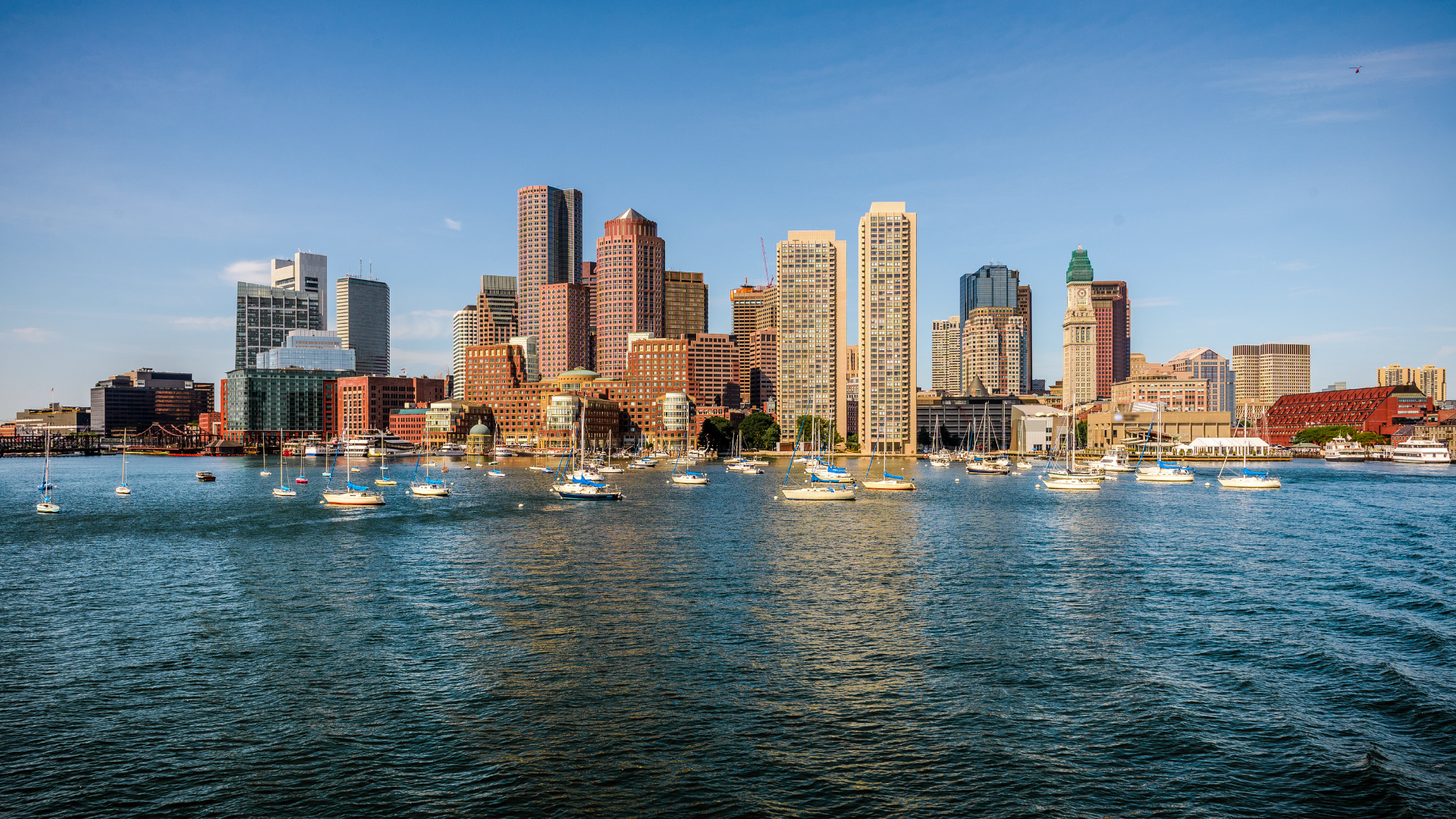Scale is a buildup of various minerals (including calcium, lime and magnesium) that reside on boiler tubes and the base of the boiler. Scale can dramatically affect the life expectancy of your equipment and also significantly lessen the efficiency of the unit.
When scale builds up on boiler tubes, it interrupts the transfer of heat. This results in the tubes potentially overheating, cracking or in a lot of cases, bursting, which would result in an immediate shut down of the unit and quite a messy mechanical room!
Another risk factor is corrosion of the tubes due to the lack of flow from scale. This will cause the area between the scale and the tube itself to oxidize over time. If the damage caused by scale buildup is not bad enough already, it can also be damaging to the efficiencies of your unit. When you have scale causing a blockage in your boiler tubes, your system will struggle to meet the demand. To counter the lack of heat transfer, your system is now working that much harder to meet the system load, thus burning more fuel. Even the slightest buildup will cause a loss in thermal efficiency because of the disruption of the heat transfer.
Most corrosion occurs in boilers when the temperature is at a higher degree . This is because chemicals become less effective as the temperature of the water rises. The higher the water temperature, the less oxygen the water will contain; oxygen is the main cause of corrosion. Unfortunately, the high temperature of the water also causes the corrosion to occur faster due to the chemical reaction of the oxygen.
. This is because chemicals become less effective as the temperature of the water rises. The higher the water temperature, the less oxygen the water will contain; oxygen is the main cause of corrosion. Unfortunately, the high temperature of the water also causes the corrosion to occur faster due to the chemical reaction of the oxygen.
Best practices to avoid scale buildup are:
- Properly pre-heat
- Chemically treat your feed water
- Ensure daily bottom blowdown, surface blowdown and low water cutoff(s) blowdown
Water quality, along with specific boiler preventive maintenance (such as blowdown), is paramount in ensuring the health of your boiler regardless of the heat exchanger material. As an owner, operator or engineer, everyone must be cognizant of a system’s needs.
There are multiple chemicals that can be used to ensure proper water quality. Each chemical has a unique effect that guarantees the system is using the highest quality water possible. We recommend that you call a local water treatment specialist to find out what chemical treatment is best for your system, as it tends to vary based on city/town water quality.
Proper water treatment, annual boiler cleanings and scheduled maintenance are strongly encouraged to avoid scale. Water treatment and boiler cleanings go hand in hand with one another.


